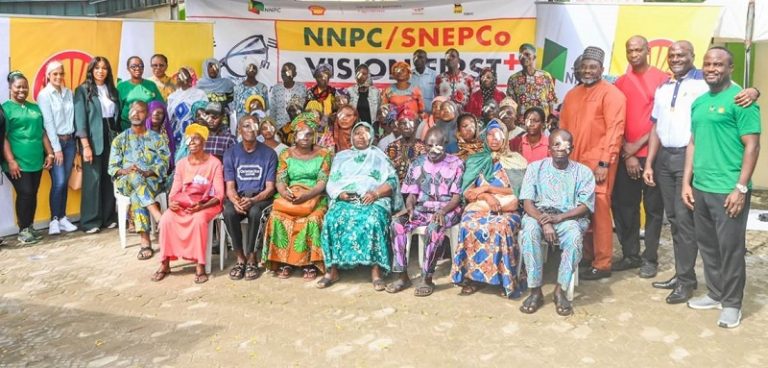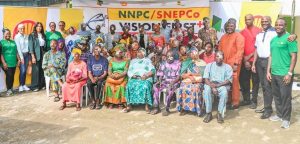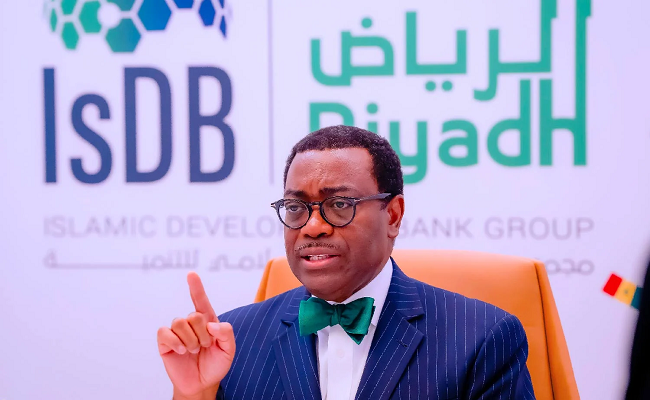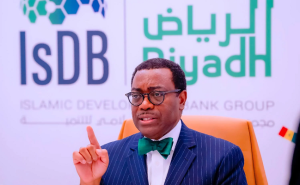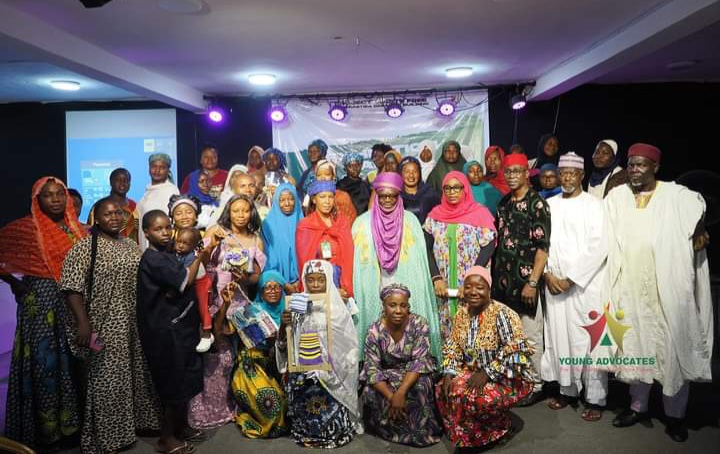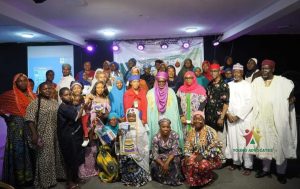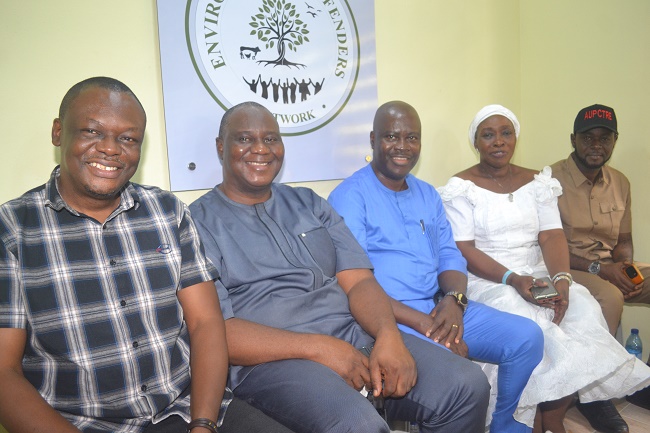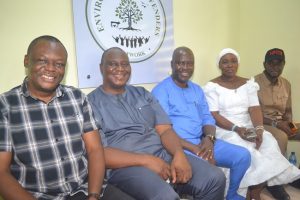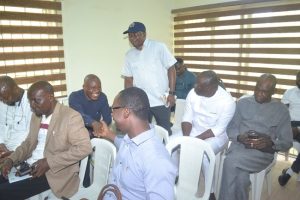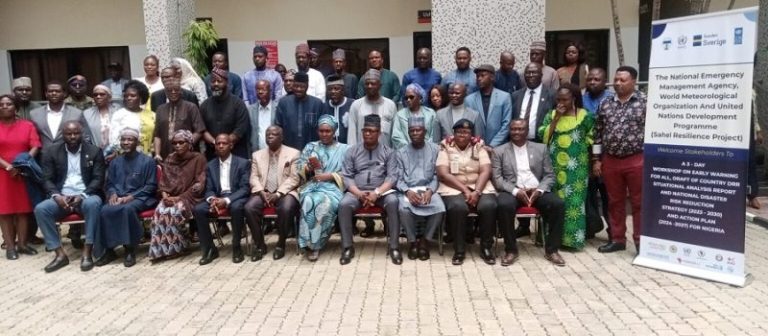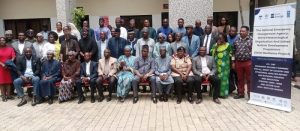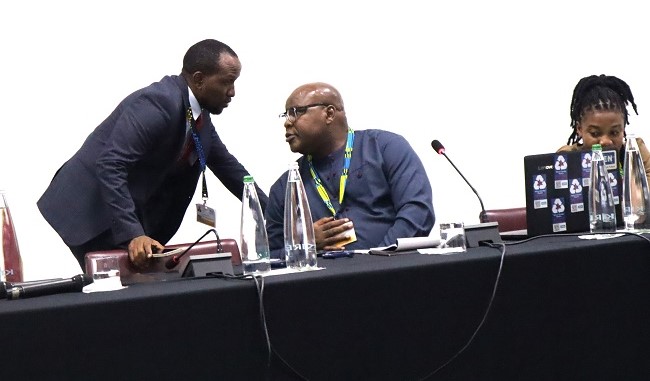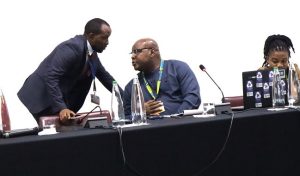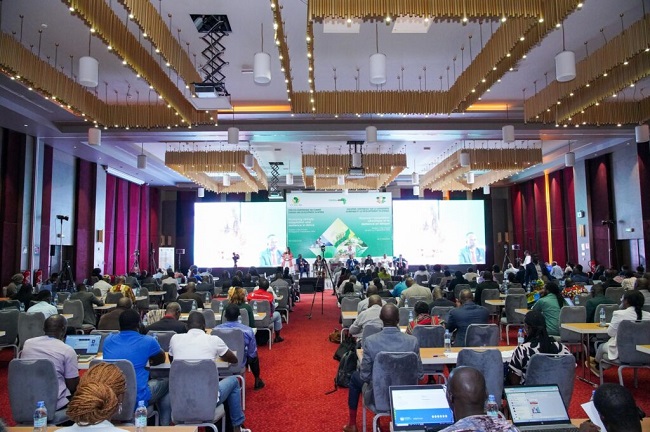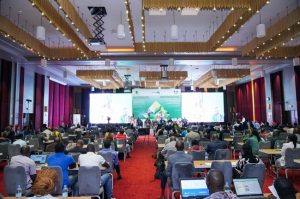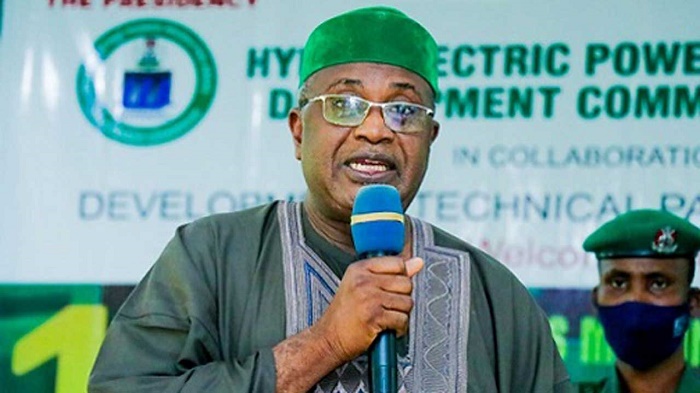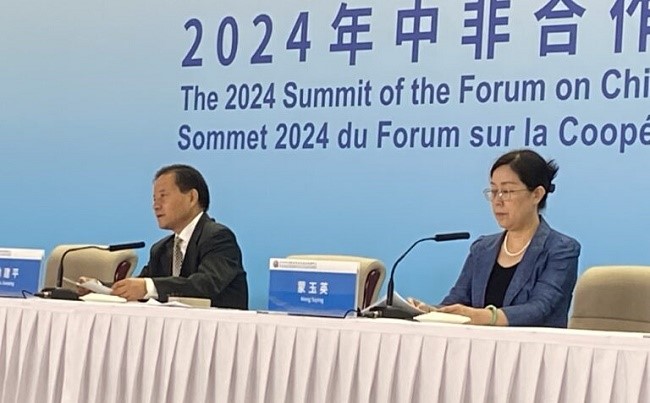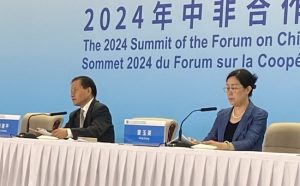The alarming reports emerging from the Kapam a community in Chikun LGA, Kaduna State, highlight a severe environmental and public health crisis that demands immediate attention. The Kaduna Refinery, a subsidiary of the Nigerian National Petroleum Company (NNPC) Limited, has been releasing toxic chemicals that are not only killing local wildlife but also devastating crops and making community members, particularly children and women, gravely ill.

The distressing images of dead animals and dying crops seen on social media from the community serve as a heartbreaking testament to the impact of this environmental catastrophe. This situation threatens the livelihoods of local farmers, exacerbates food insecurity, and undermines the overall health of the community. The ripple effects extend beyond Kapam; they pose a significant risk to the broader Kaduna State, potentially endangering the health of surrounding communities and ecosystems.
This crisis raises serious questions about the commitment of the government to protect its citizens and the environment. Allowing such dangerous practices to continue will not only tarnish the government’s reputation but also ridicule its stated goals of sustainable development and public health protection.
In the light of these urgent concerns, we call on the government of Kaduna State under the leadership of Governor Uba Sani to take decisive and comprehensive action in response to the crisis in the Kapam community. This includes:
- Open Up a Thorough Investigation: The government should initiate a rigorous investigation into the toxic emissions from the Kaduna Refinery. This investigation must identify the specific chemicals involved, assess their impact on the environment and public health, and hold accountable those responsible for any violations of environmental regulations.
- Provide Immediate Support: In addition to investigating the root causes, the government should provide immediate support to cushion the impact on the community. This may include:
- Medical Assistance: Deploy health professionals to assess and treat residents affected by toxic exposure, ensuring access to necessary medical care.
- Food and Water Security: Implement programmes to provide safe food and clean water to affected residents, mitigating the immediate risks of food insecurity and health hazards.
- Economic Relief: Introduce financial assistance programmes for local farmers and businesses adversely affected by the environmental damage, helping them to recover and sustain their livelihoods.
- Enhance Environmental Regulations: Strengthen and enforce existing environmental protection laws to prevent future occurrences of similar crises. This includes regular monitoring of industrial emissions and compliance with safety standards.
- Engage with the Community: Establish transparent communication channels with the Kapam community to ensure their concerns are addressed and they are involved in decision-making processes regarding their health and environment.
- Long-term Health and Environmental Planning: Develop and implement long-term strategies for environmental restoration and public health improvement, ensuring the community’s resilience against future environmental threats.
The residents of Kapam and all citizens of Kaduna State deserve a safe and healthy environment. We urge all stakeholders to unite in addressing this crisis, prioritising the well-being of the community over corporate interests. Immediate action is essential to remedy this situation and prevent further harm to both the people and the environment.
Gloria Kasang Bulus is Executive Director, Bridge That Gap Initiative, and Convener/Coordinator, Network of Civil Society in Environment (NCSE)


